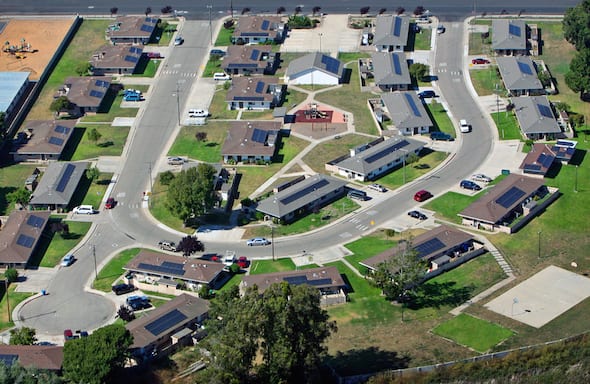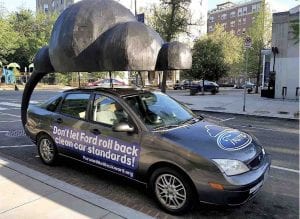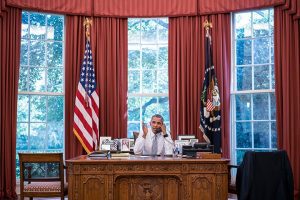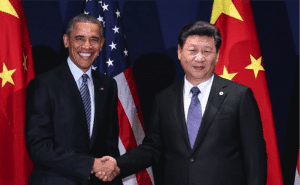The US federal government has outlined plans to effectively triple the amount of rooftop solar installed on low-income housing in America, as well as to boost the development of community solar projects, giving renters and apartment dwellers increased access to solar power.
The plans, announced by the Obama administration on Tuesday, include clearer guidelines on how local housing authorities can access federal funds to finance PV installations, as well as the $520 million-plus in new capital from foundations, local governments and social impact investors, set aside to pay for solar and energy-efficiency projects for lower-income communities.

CNN Money reports that the measures are designed to expand solar power on both low-income housing – to over 300MW, or enough to power roughly 50,000 homes – as well as to promote “community solar” on public property that can supply clean power to renters or others without the ability to put panels on their roof.
The moves, which will also provide a welcome boost to the US solar industry, were described by Barack Obama’s senior climate advisor, Brian Deese, as “part of a bigger-picture effort to try to drive innovation” toward cleaner, low-carbon energy solutions.
And they have been applauded all the way over here in Australia, with solar lobby group Solar Citizens calling on the Australian government to introduce similar measures.
“Basically, Obama is saying that, as a government, we understand that solar power is the way of the future, and we’re going to make investment and policy decisions to support that,” said Solar Citizens spokesperson Dan Scaysbrook, in an interview with RenewEconomy on Wednesday.
“We need the (Australian federal) government to catch up.”
But, as Scaysbrook also noted, the Abbott government’s renewable energy efforts so far have been notable, mainly, for the “pretty significant attacks” on local industry.
Bearing in mind that our Prime Minister doesn’t even have a climate advisor, let alone a decent plan to drive low-carbon energy solutions, it seems unlikely any schemes to assist low-income households and renters access solar will be introduced this side of the next federal election.










